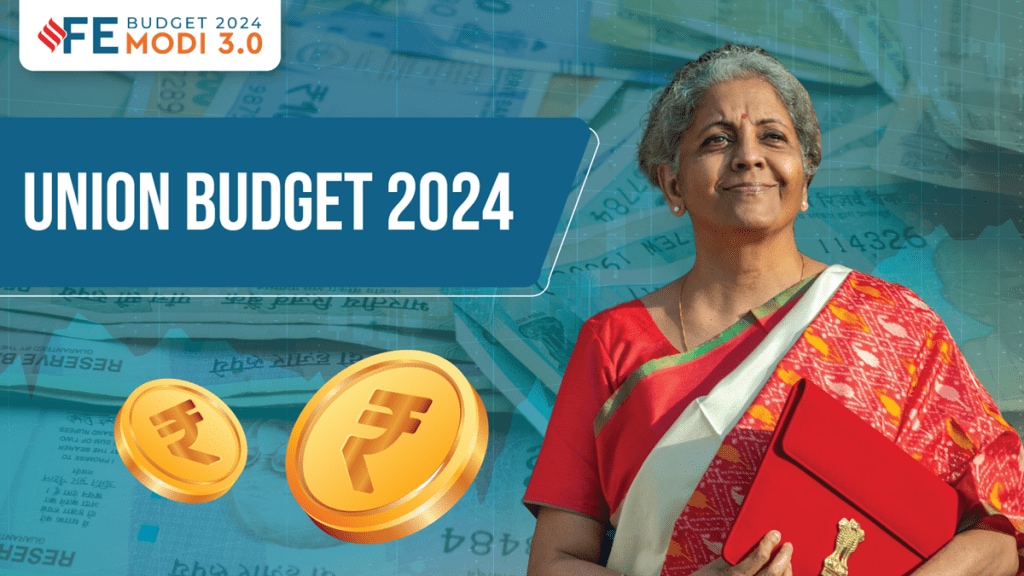By Kumar Mangalam Birla
Budget 2024 is an emphatic statement of continuity and stability. It signals the government’s determination to be fiscally disciplined, its stomach for reforms, and its sense of equity to ensure sustained growth for all sections. It outlines nine key priorities that will set the foundation for India to become a developed nation by 2047. The capacity to think beyond the short-term and take a long-term view of economic policy has been a hallmark of the Modi government. The government has consistently increased capex over the last several years, which has had a multiplier effect on growth and investment. Budget 2024 remains true to that commitment, with the capex allocation pegged at over Rs 11 trillion, or 3.4% of the GDP.
Central to the Budget proposals is the government’s unequivocal commitment to fiscal consolidation, a strategy that has consistently served India well. The fiscal deficit target for FY25 is set at 4.9% of GDP, reflecting the government’s ongoing efforts to steadily reduce the deficit. This target is in line with the broader objective of lowering the fiscal deficit below 4.5% of GDP by FY26, as outlined in the fiscal consolidation glide path announced in 2021.
The Budget has introduced several initiatives to develop infrastructure focusing on energy transition and local manufacturing. The proposal to rationalise duties, allowing for the purchase of imported cutting-edge equipment or raw materials while safeguarding domestic manufacturers is commendable. These measures aim to create a level playing field for domestic manufacturers, enhancing their competitive positioning and operational efficiencies. For example, the hike in basic customs duty (BCD) on solar glass used in manufacturing solar cells or modules will stimulate domestic production, and help the country achieve its renewable energy (RE) and solar installation targets. Similarly, the reduction of customs duties on 25 critical minerals, coupled with reductions in BCD for some, will bolster the processing and refining of the minerals. This move ensures their availability for important sectors of the economy.
The government is also planning to develop investment-ready “plug and play” industrial parks with complete infrastructure in or near 100 cities. This initiative will be rolled out in partnership with states and private sector companies. These parks will enhance manufacturing’s cost efficiency.
The Critical Mineral Mission is an equally powerful initiative. It underscores a strategic commitment to sustaining economic growth through robust investments and self-reliance.
This Budget also prioritises labour-intensive manufacturing, aiming to address unemployment concerns with the introduction of three schemes. The schemes also emphasise the need for public-private partnerships to enhance skill development. Employee wage subsidies and employer support schemes will go a long way to incentivise hiring, particularly new talent. These schemes are expected to contribute greatly towards achieving the target of creating eight million jobs by 2036, as outlined in the Economic Survey.
The Budget has also introduced policy measures aimed at accelerating the transition from fossil fuels and enabling companies to secure affordable credit for green projects, which are crucial for reducing carbon emissions. To bolster the storage and integration of RE, the government is poised to launch a comprehensive pumped storage policy. This initiative promises to offer a large-scale solution for storing surplus electricity, enabling a more seamless incorporation of renewable sources into India’s energy mix.
Finally, the Budget outlines a series of next-generation reforms across sectors. These include land-related reforms, labour reforms, and measures to enhance ease of doing business. The government also plans to develop a comprehensive economic policy framework to guide the next phase of reforms and sustain high growth rates.
Budget 2024 skillfully balances maintaining fiscal discipline, accelerating growth through an infrastructure push, and prioritising key areas such as farmer prosperity and energy transition.
Kumar Mangalam Birla, Chairman, Aditya Birla Group
Views are personal


